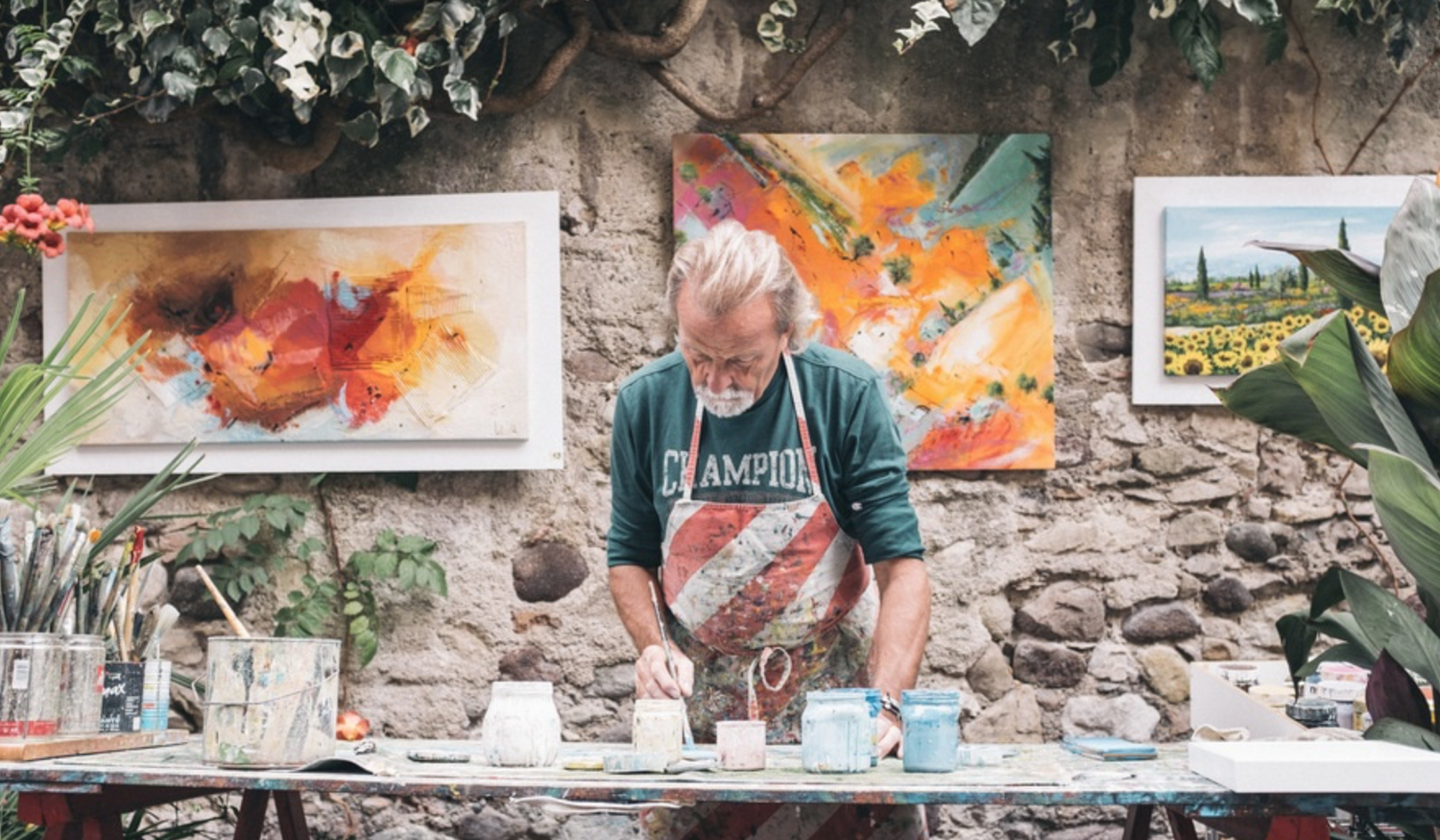#3: Don’t be afraid of “breaking” what you are working on and putting it back together.
1. View what you are working on from every angle you can think of. After collecting data from each perspective, take the good and piece it all together.
2. Knowing who you are and what boosts your creativity can make all the difference in the world. Do you work better in a mess? Do you work better where it’s clean? Your environment influences your work, so don’t be afraid to change your work setting, including the time of day and location, to see things in a different light.
3. Don’t be afraid of “breaking” what you are working on and putting it back together. The best work comes from mistakes, getting messy, and tons of trial and error. Never be afraid of starting over.
4. Imagine that your work is to help a friend, and present it to them as advice to fix their problems.
5. Jot down every single thing that comes to mind about the subject you are working on, no matter how dumb it may sound. You can then limit your thoughts in the editing stage.
6. Line up you passions with your work in any way possible. Finding passion brings your excitement out and into your work.
7. Kill any expectations you may have and allow your work to lead you.
9. Focus on the end result that you want people to experience with their senses, and form your work around the experience you are wanting to provide.
10. Interview people both inside and outside of your field of work to get their opinion on what you’re working on.
11. Find out who inspires the people who inspire you and study their work.
12. If you’ve consumed content and you’re stuck, stop consuming content from other people. Many times, the best ideas are already in your head — you just need to stop long enough to draw them out.
13. Work to wordless music that motivates you.
14. Stop letting your fear of failure win over your need to create something meaningful. Know that your work matters and show up, even when fear shows up, too. To become more creative, you need to practice being more creative.
15. Start as early as you can, especially if you are working against tight deadlines. This provides relaxation and freedom of the mind to produce your very best work.
16. Criticize your work from every possible angle and counter with definitive answers for the critic that solidifies your work.
17. Create just to create. Stop thinking with the mind of a negative critic and switch to the mind of a positive creator.
18. Make your best guess as to what people will need in the future and create for them.
19. Understand that your work isn’t for everyone and that you most likely will be misunderstood. The best creators always are.
20. Take care of yourself by exercising, drinking plenty of liquids, and getting enough sleep. It’s almost impossible to create anything valuable when you’re not at your very best.
21. Allow your curiosity to push you to take risks. This allows you to become immersed in your work.
22. Understand that just because something has always been done one way, doesn’t mean that it’s the best way. There’s usually more than one ‘right’ answer.
23. Build on your previous proven ideas, because as we’ve discussed before, all great ideas are meant to be built upon.
24. Identify what doesn’t work and stop wasting time with dwelling on those things.
25. Having fun with your work opens up creative possibilities.
26. Step away from your work and come back to it later.
27. Look at the color green for an extended period of time, or use green in your work, as the color green is associated with creativity.
Originally published at medium.com


